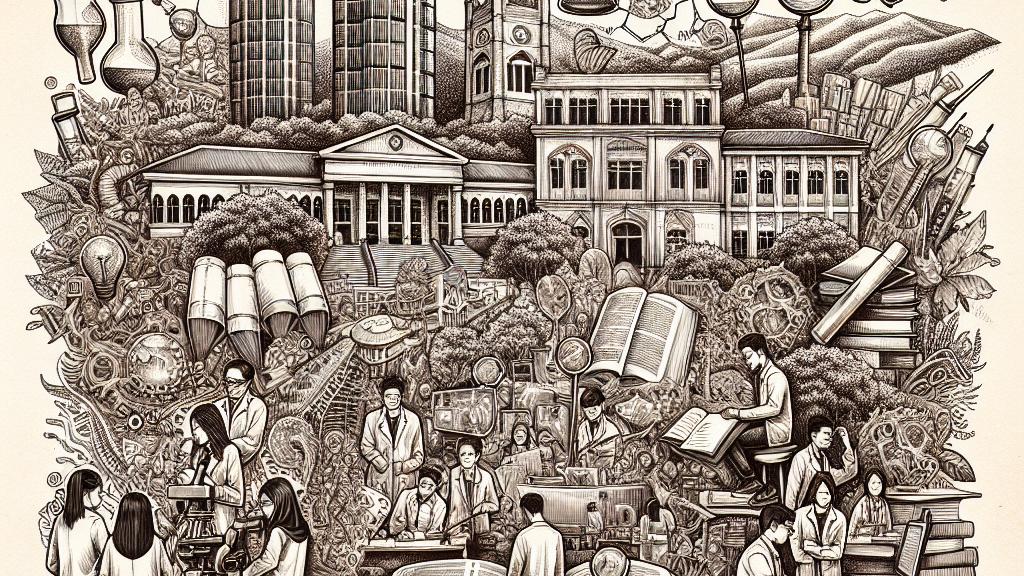Meritocracy Replaces Quota System in Sarawak University Admissions
Overview
- Sarawak universities make a landmark shift to merit-based admissions.
- Students now compete solely on academic performance, promoting excellence.
- Government investments enhance educational access for rural students.

A Transformative Change in Admissions Policy
In a groundbreaking move, the state of Sarawak in Malaysia has officially abandoned its quota system for university admissions, opting for a strict merit-based approach instead. Announced by the Deputy Minister of Education, Dr. Annuar Rapaee, this change is not merely procedural; it signifies an ambitious shift towards academic excellence. Students aiming for coveted spots at institutions like the University of Technology Sarawak and Curtin University Malaysia must now showcase their academic prowess. This competitive atmosphere is expected to inspire young learners, pushing them to work harder and strive for academic achievements that stand out among their peers.
Strengthening Access for Rural Scholars
Understanding the significance of ensuring equal opportunities, the Sarawak government has committed a remarkable RM15 million annually to bolster access for rural students. This funding will facilitate not only infrastructure upgrades at universities but will also provide tuition-free education for deserving secondary school students. For instance, students demonstrating exceptional potential in their assessments will benefit from this initiative, allowing them to pursue higher education without the financial burden. Such vital programs are crucial, as they empower students from less privileged backgrounds to harness their full potential, ensuring that their path to higher education is as pronounced as those from urban settings. This dual focus on both merit and accessibility reflects a nuanced understanding of the educational landscape, targeted at creating a truly inclusive environment.
Examining the Complexities of Meritocracy
However, the introduction of a meritocratic system prompts broader discussions about the essence and implications of meritocracy itself. Although it champions the idea of 'the best getting ahead,' it can unintentionally perpetuate inequalities if not carefully monitored. For example, students from affluent backgrounds might have access to resources such as tutors, extracurricular activities, and advanced placement courses, which can give them an edge over others. Hence, it is vital for Sarawak to ensure that while students are evaluated based on their academic merits, they are also supported throughout their educational journeys. The challenge lies in balancing the ideals of meritocracy with the real-world disparities in access to education. As this new system takes flight, stakeholders must commit to continual assessment, ensuring that it leads to real opportunities for all, so that no student is left behind.

Loading...